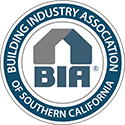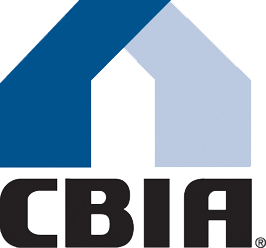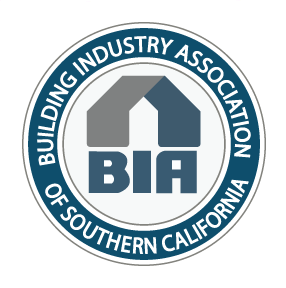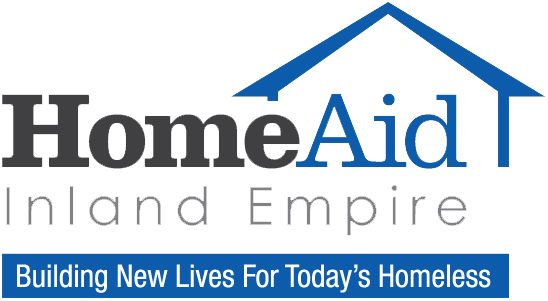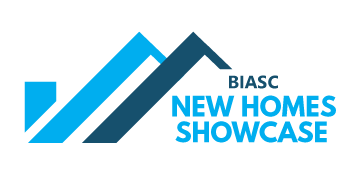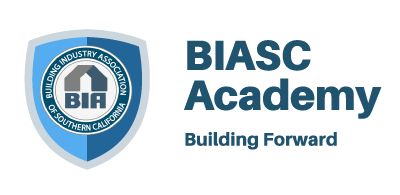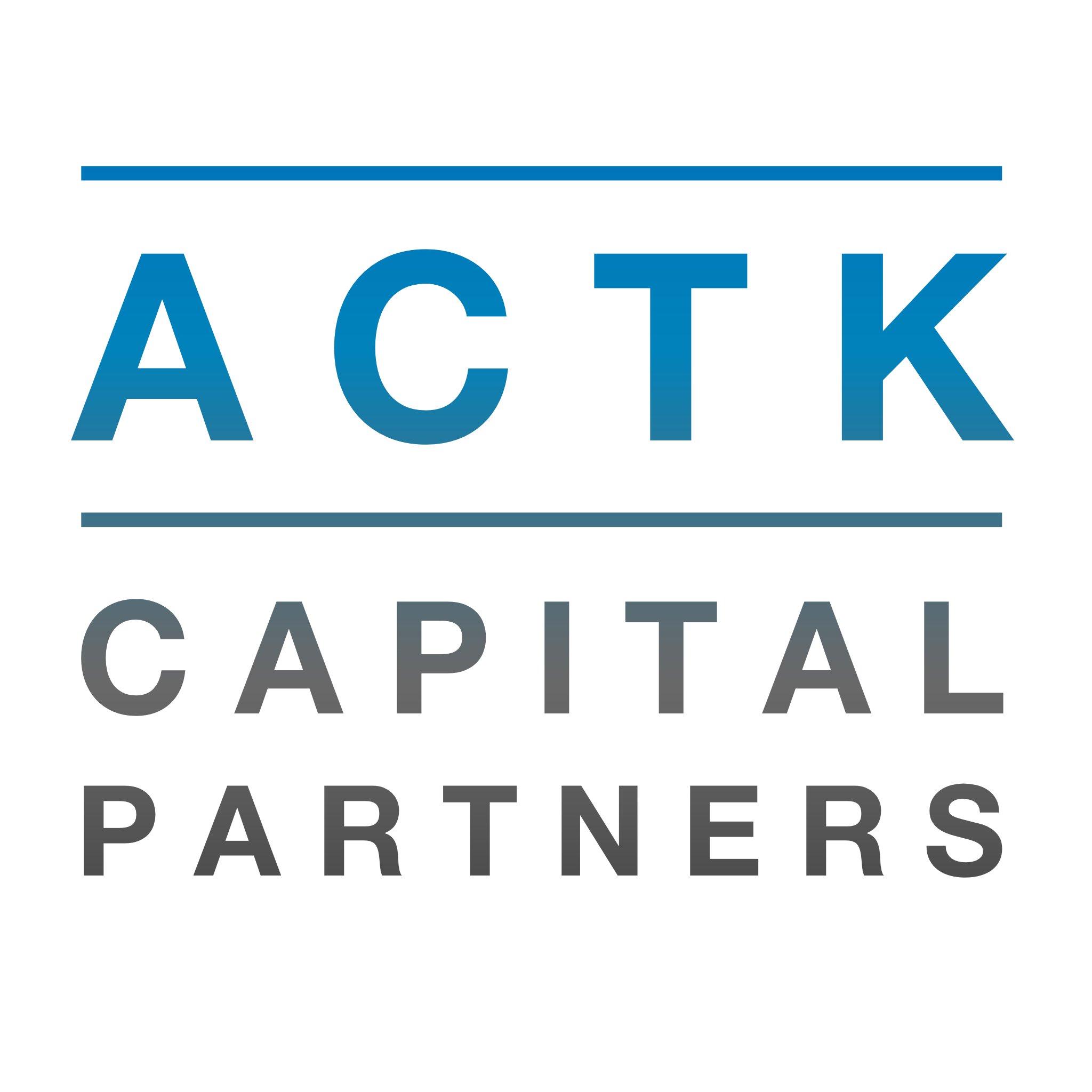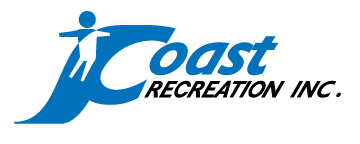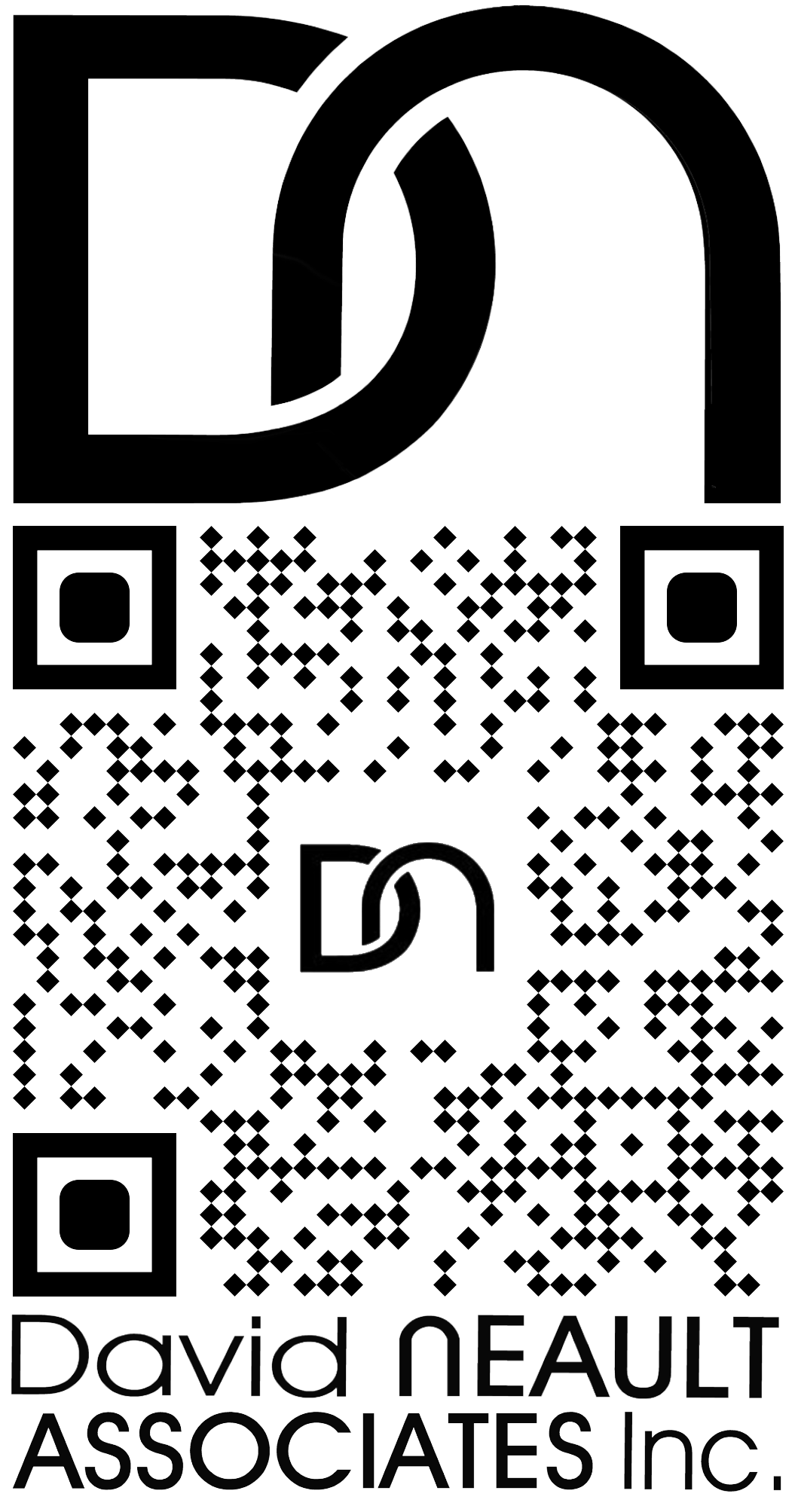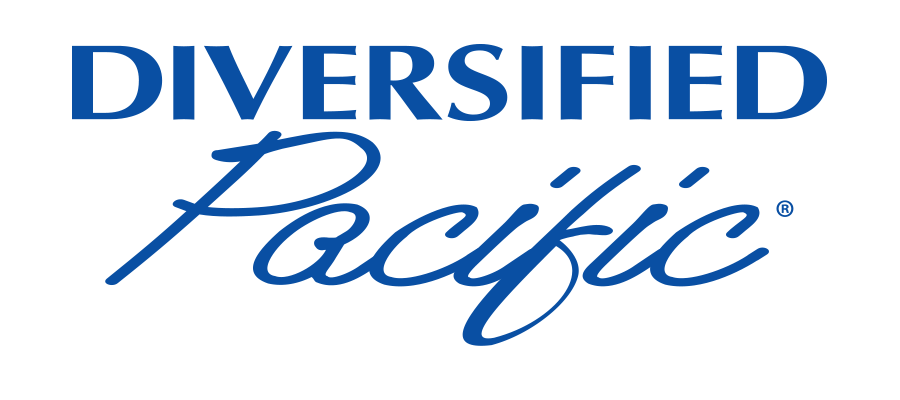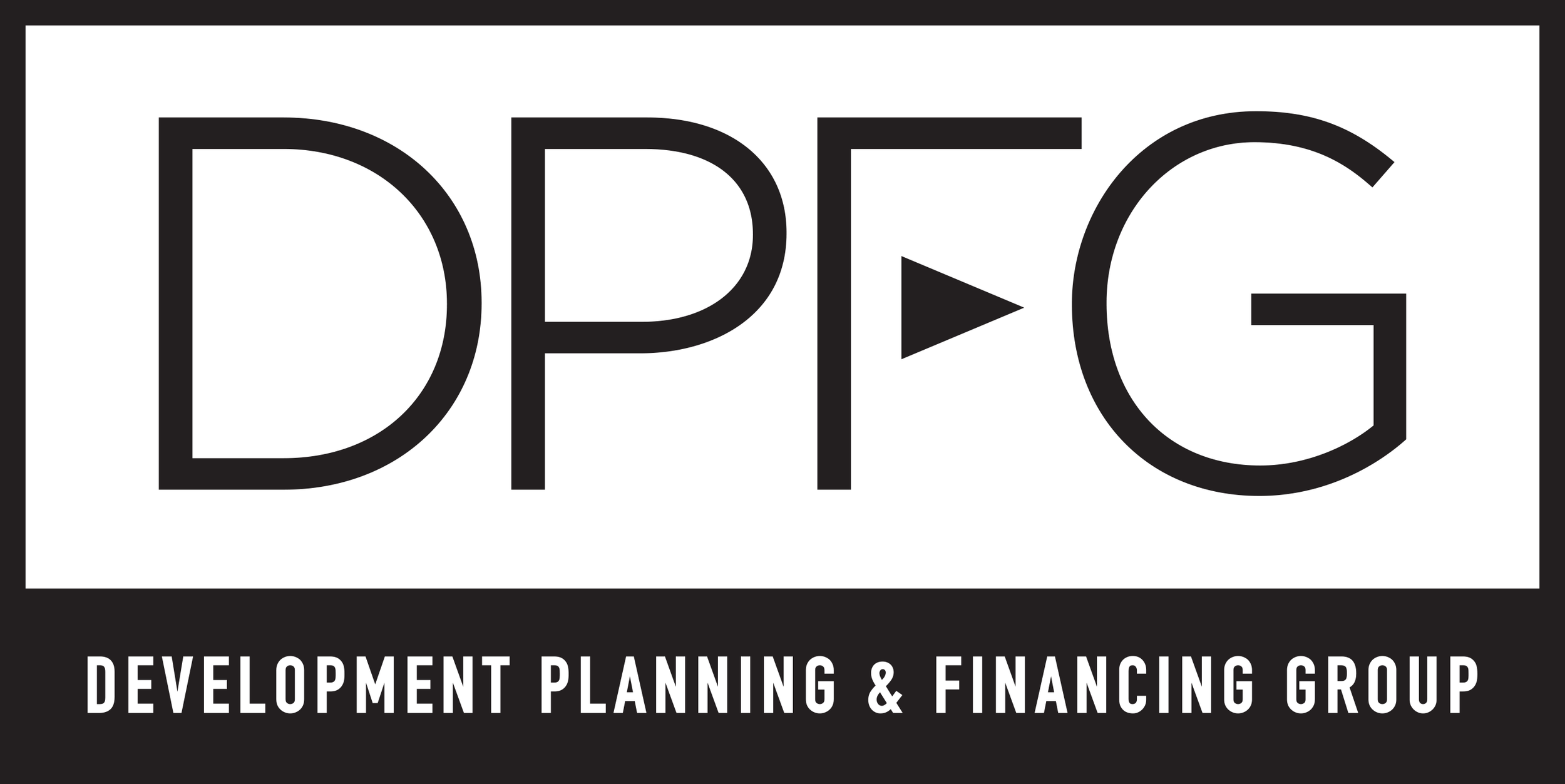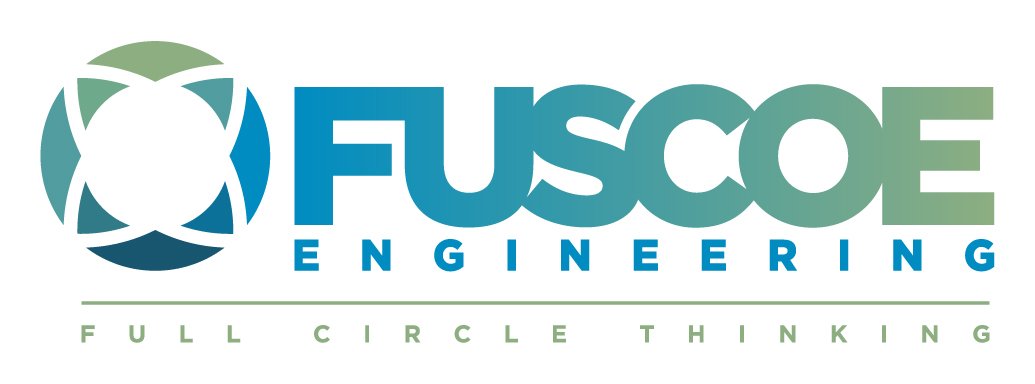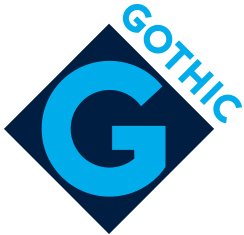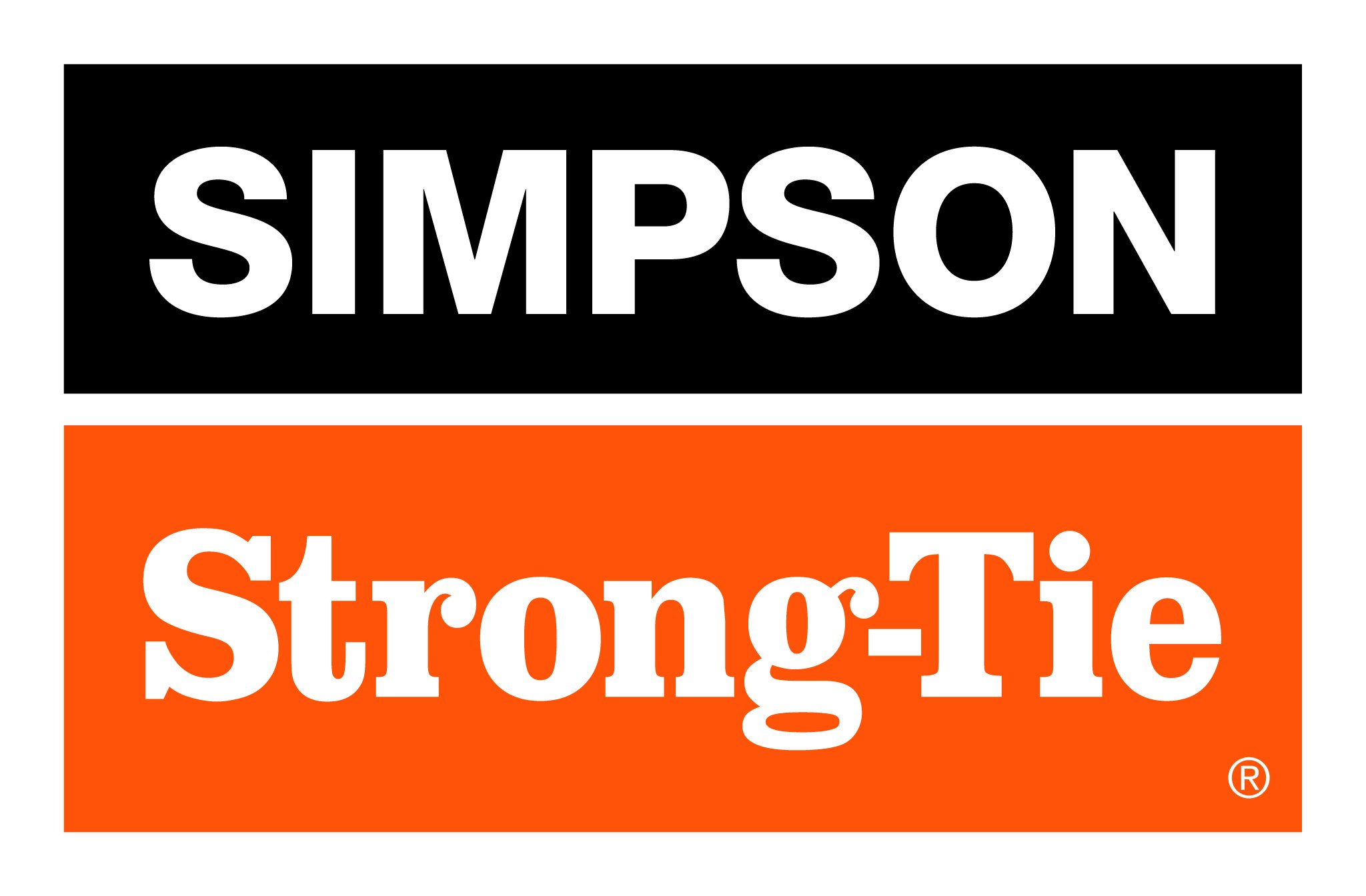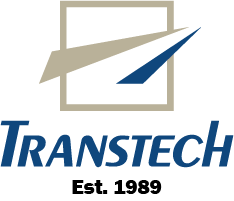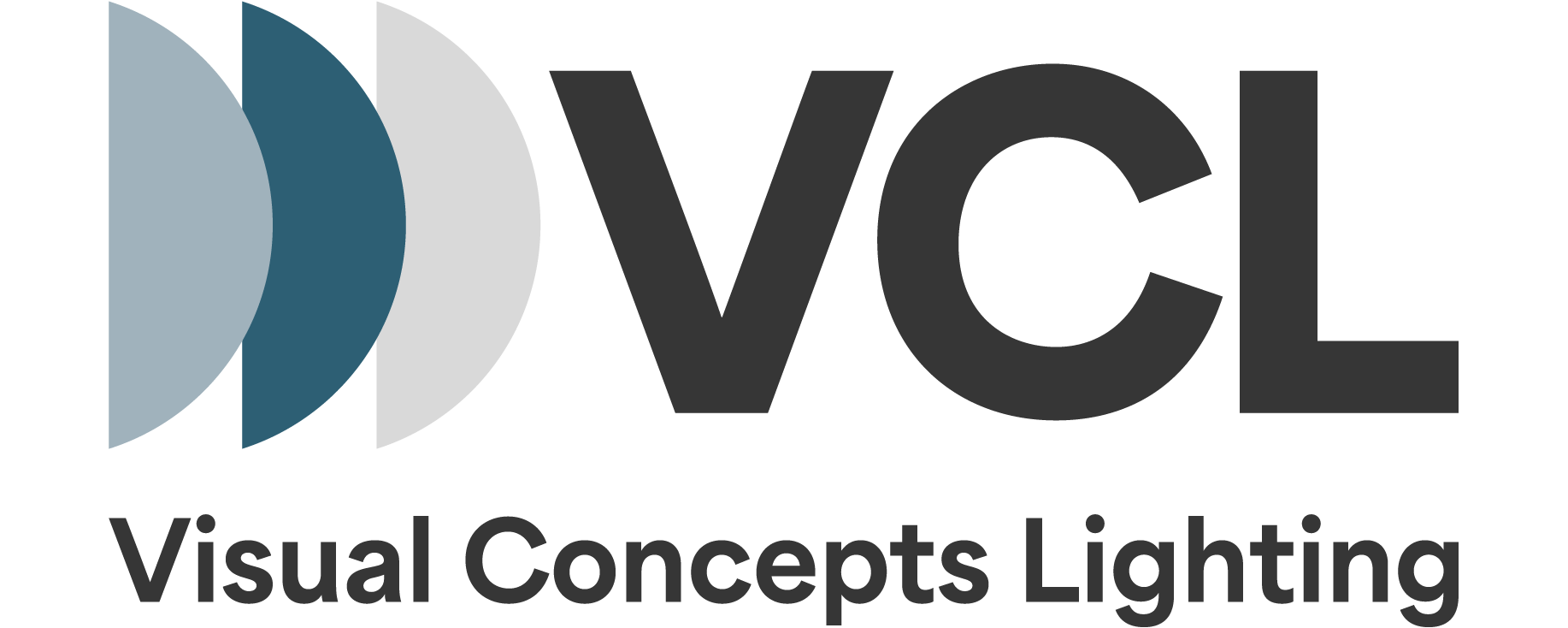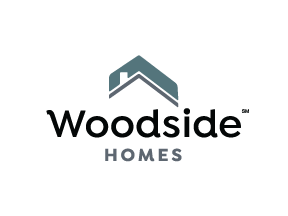ByAli Sahabi of Optimum Group, LLC
President, Building Industry Association (BIA) Baldy View Chapter
Because today’s seniors are the healthiest and most active generation of seniors in history, most of them approaching retirement age are looking to ‘age-in-place’ by staying in their homes. The good news is: Reverse Mortgages can help seniors meet the financial challenges of retirement while staying in their homes. The better news is: today new resources are available to homeowners considering reverse mortgages to make their futures the best that they can be.
This month, the National Reverse Mortgage Lenders Association (NRMLA) released three new resources on their www.reversemortgage.org website to educate senior homeowners considering a reverse mortgage and current borrowers and their families. The titles are Reverse Mortgage Self-Evaluation: A Checklist of Key Considerations, What You Need to Know About Your HECM After Closing and What Do I Do When My Loan is Due? These are welcome additions to the existing literature because Reverse Mortgages, like all mortgages, are fairly complex products and these will help clear up a lot of questions for potential or existing mortgagees.
A reverse mortgage is technically a Home Equity Conversion Mortgage (HECM). They are administered through the Federal Housing Administration (FHA) and enable older homeowners to withdraw some of the equity their homes have built up over the years to provide them with greater financial security. As with any financial product, there are many HECM programs to consider as they are designed to serve very specific needs. HECMs can help older homeowners supplement Social Security, meet unexpected medical expenses, make home improvements and more by allowing homeowners to convert a portion of the equity in their home into cash. However, unlike a traditional home equity loan or second mortgage, HECM borrowers do not have to repay the HECM loan until the borrowers no longer use the home as their principal residence or fail to meet the obligations of the mortgage. Homeowners can also use HECMs to purchase a primary residence if they are able to use cash on hand to pay the difference between the HECM proceeds and the sales price plus closing costs for the property being purchased.
To be eligible for an FHA HECM, the FHA requires a homeowner to be 62 years of age or older, own their home outright or have a low mortgage balance that can be paid off at closing with proceeds from the reverse loan. They must also have the financial resources to pay ongoing property charges and live in the home. They are also required to receive consumer information free or at very low cost from a HECM counselor prior to obtaining the loan by contacting an HECM counselor online or by calling (800) 569-4287.
Homeowners may apply for a HECM regardless of whether or not their home was purchased with an FHA-insured mortgage. To be eligible, the home must be a single family home or a two- to four unit home with one unit occupied by the borrower. HUD-approved condominiums and manufactured homes that meet FHA requirements are also eligible.
One of the most important points to remember about HECMs is that, unlike second mortgages or home equity lines of credit (HELOCs), HECMs have no monthly principal or interest payments. However, mortgagees are required to pay real estate taxes, utilities and hazard and flood insurance premiums. When the home is sold or no longer used as a primary residence, the cash, interest and other HECM finance charges must be repaid. All proceeds beyond the amount owed belong to the mortgagee’s spouse or estate. This means any remaining equity can be transferred to heirs. No debt is passed along to the estate or heirs.
The amount allowed by HECMs vary by borrower and depends on the age of the youngest borrower or non – borrowing spouse, the current interest rate and the lesser of appraised value or the HECM FHA mortgage limit or the sales price and the initial mortgage insurance premium. If there is more than one borrower, the age of the youngest borrower is used to determine the amount that can be borrowed.
FHA-approved lenders may be located by searching online at www.hud.gov or by contacting a HECM counselor for a listing. Services rendered by HECM counselors are free or at a low cost and to locate one, search the www.HUD.gov site for the HECM Counselor Roster, the National HECM Counseling Network or call (800) 569-4287 toll-free for the name and location of a HUD - approved housing counseling agency near you.
For more information on HECMs visit the HUD site and search ‘reverse mortgages’ for comprehensive information. You can receive additional free information about reverse mortgages in general by contacting the National Council on Aging at (800) 510-0301 or visiting their www.NCOA.org website and downloading their free booklet, "Use Your Home to Stay at Home”.
